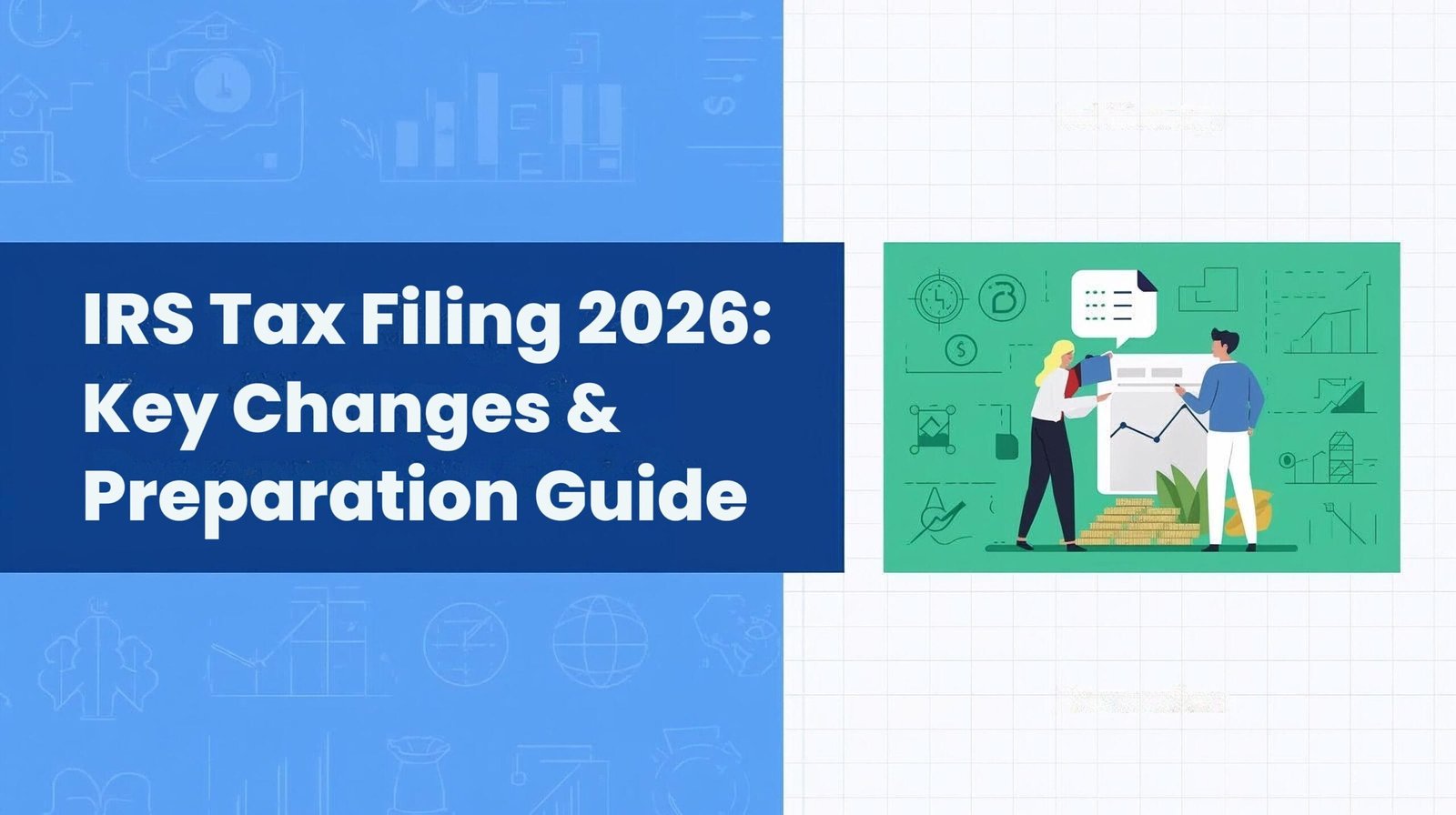
We Make Tax Filing A Breeze
Home » US Expat Taxes 2025: Key Rules for Americans Abroad

Are you a U.S. citizen living overseas? Whether you’ve recently moved abroad or have been an expat for years, one thing remains constant: your U.S. tax obligations. The U.S. tax system is unique, and understanding its rules is crucial for staying compliant and avoiding penalties.
This guide provides an overview of the key U.S. tax requirements for American expatriates in 2025.
The United States is one of only two countries in the world with a citizenship-based tax system. This means that if you are a U.S. citizen, you are required to file a federal income tax return and report your worldwide income, regardless of where you live or earn that income. This is a common point of confusion for many new expats. Even if you don’t owe any U.S. taxes, you may still be required to file a return.
For U.S. citizens residing overseas, the standard tax filing deadlines are slightly different.
It’s important to note that while the filing deadline is extended, any taxes you owe are still due by the standard April 15 deadline to avoid interest and penalties. However, for those physically outside the U.S., the extension to June 16 also applies to the payment deadline.
The biggest concern for many expats is paying taxes to both the U.S. and their country of residence. Fortunately, the IRS provides two primary mechanisms to prevent this:
Ensure that you’ve paid enough in taxes throughout the year via withholding or estimated tax payments to avoid underpayment penalties.
The Foreign Earned Income Exclusion (FEIE) allows you to exclude a certain amount of your foreign-earned income from your U.S. taxes. For the 2025 tax year, the exclusion amount is projected to be $130,000. To qualify, you must pass one of two tests:
The Foreign Tax Credit (FTC) allows you to claim a dollar-for-dollar credit against your U.S. tax liability for income taxes you have paid to a foreign government. This is often the best choice if you live in a country with a higher income tax rate than the U.S., as it can effectively wipe out your U.S. tax bill on that income.
It is crucial to understand that you cannot claim both the FEIE and the FTC on the same income. A qualified tax professional can help you determine which option is most beneficial for your specific situation.
Beyond filing your tax return, you may have additional reporting requirements for foreign financial assets. Failure to comply can result in severe penalties, so these are not to be overlooked.
You are required to file a Report of Foreign Bank and Financial Accounts (FBAR) if the combined value of all your foreign financial accounts exceeded $10,000 at any point during the calendar year. This includes bank accounts, investment accounts, and certain retirement accounts. The FBAR is due on April 15, with an automatic extension to October 15.
The Foreign Account Tax Compliance Act (FATCA) requires you to file Form 8938 (Statement of Specified Foreign Financial Assets) if the value of your assets exceeds certain thresholds. For single filers living abroad, the threshold is typically $200,000 on the last day of the tax year or $300,000 at any point during the year
If you are an expat and have not been filing your U.S. taxes, it’s essential to address this issue as soon as possible. The IRS offers a program called the Streamlined Foreign Offshore Procedures that allows eligible taxpayers to catch up on their filing obligations with reduced penalties.
Navigating the complexities of U.S. expatriate taxes, FBAR, and FATCA can be challenging. An experienced tax professional can help you choose the right tax strategy, ensure all required forms are filed correctly, and bring you into compliance if you’re behind on your obligations.
TheTaxBooks specializes in U.S. tax filing for Americans living abroad. Our expertise ensures you meet all your tax obligations efficiently, allowing you to focus on your life overseas without the stress of tax compliance.
To learn more about how you can reduce your taxes and save money, check out the helpful resources on our blog or contact us today to schedule a consultation.